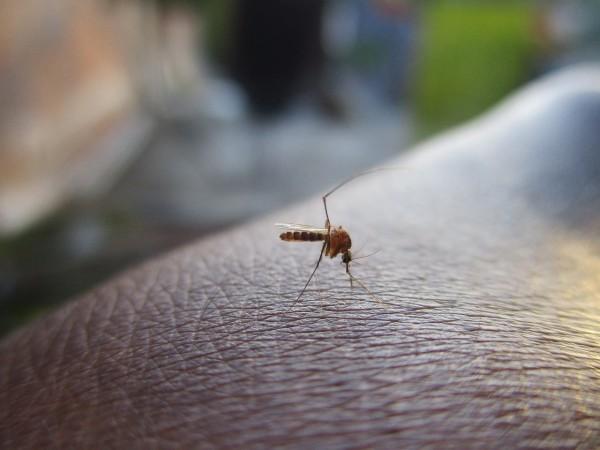
It's not a secret anymore that plastic pollutes the environment. Like many other animals and insects, the larvae of the mosquitoes that are born in the water polluted with plastic get affected by it. Now, it appears that these larvae are capable of bringing that plastic into their adulthood and harm the food chain as well.
The University of Reading's experts conducted a research that sought the answer to whether or not the water's microplastics remain with the mosquitoes even after they fly away from the water. They found out that those mosquitoes do carry forward those plastics and that eventually spreads the pollution in the uncontaminated areas, the researchers said in their paper published in Biology Letters.
While the researchers had expected to see those mosquitoes eating the plastics in the water; what they didn't see coming was that those plastics actually "got sent through to the next developmental stage."
The University of Reading's professor and the author of the study, Amanda Callaghan told Newsweek that the mosquito larvae are actually incapable of distinguishing foods from plastics at that small age.
The team discovered that the mosquito larvae's system cannot break the plastics that they eat down in their stomach. In the adult mosquitoes, they found microplastics, which are plastic pieces under the size of 5 millimetres. Although the mosquitoes eventually stop eating plastics when they become adult, the microplastics, most likely, remain in their systems.
This hints towards the fact that when other animals eat those mosquitoes, such as bats, spiders or birds, those animals also eat the plastic inside the mosquitoes. So, those animals on land also get contaminated.
According to Callaghan, in the case of the larger animals, plastics are capable of blocking their guts and the chemicals in it can cause harm to their bodies.
This effect then continues throughout the food chain. "The more animals lower down in the food chain that have plastics in them, they'll be eaten by something else, which is eaten by something else, so there will come a point where there are quite high plastic loads," explained Professor Callaghan.
It is also possible for the mosquitoes to contaminate the humans with plastics as well through their bites, just like how they transfer infectious diseases like malaria, into our bodies, unless the plastics remain in the mosquitoes' salivary gland in their mouth. So far, the researchers haven't seen any evidence of the mosquitoes having plastics in their heads.











